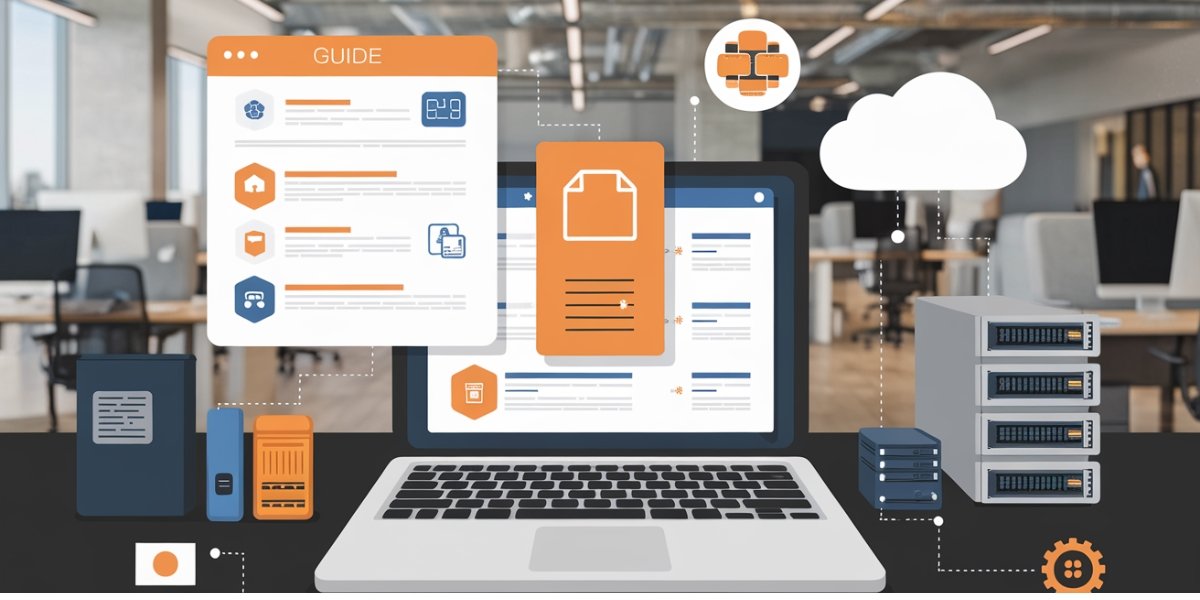If your business relies on computers, email, files, or cloud apps, then your data is your daily engine. That is why data backup solutions in Qatar are not a nice to have, they are business protection.
Hardware failure, human mistakes, or cyberattacks can happen without warning. The goal is simple, recover fast, keep working, and avoid costly downtime, Life, Simplified.
Quick Takeaways
- Backups reduce downtime and help you recover quickly after incidents.
- Use a mix of local and offsite backups for stronger protection.
- Automate backups, and test recovery regularly.
- Choose a strategy based on your data size, change rate, and recovery needs.
Why Data Backup Matters for Businesses in Qatar

- Prevent data loss, recover files after mistakes, failures, or attacks.
- Protect business continuity, keep operations running with minimal downtime.
- Support compliance, maintain reliable records and stronger governance.
Types of Data Backup Solutions
Most businesses use one of these options, or combine two for better coverage:
- Cloud backup, offsite, scalable, great for remote access.
- Backup software, automates schedules and reduces human error.
- External drives or NAS, affordable, fast local recovery.
- Backup appliances, built for high volume and policy based backups.
- Removable media, useful for small, occasional archiving, but harder to manage.
Backup Types, Full vs Incremental vs Differential
- Full, copies everything. Simple restore, needs more time and storage.
- Incremental, backs up changes only. Fast backups, slower restore.
- Differential, backs up changes since last full backup. Balanced option.
Local vs Offsite Backups
- Local, quick restore, but risk if the same site has damage or theft.
- Offsite, stronger disaster protection, depends on internet and provider.
Choosing the Right Backup Strategy
- Data volume, large data needs incremental or differential backups.
- Change frequency, frequent edits need more regular automated backups.
- Recovery time, if you cannot be down, you need faster restore options.
To Wrap Up
The best backup plan is the one you can trust when things go wrong. If you want help choosing the right setup, Wezatech can design a backup approach that fits your business, and keeps recovery simple.
Explore our data backup and recovery service.
For official guidance, visit CISA’s cybersecurity resources.


